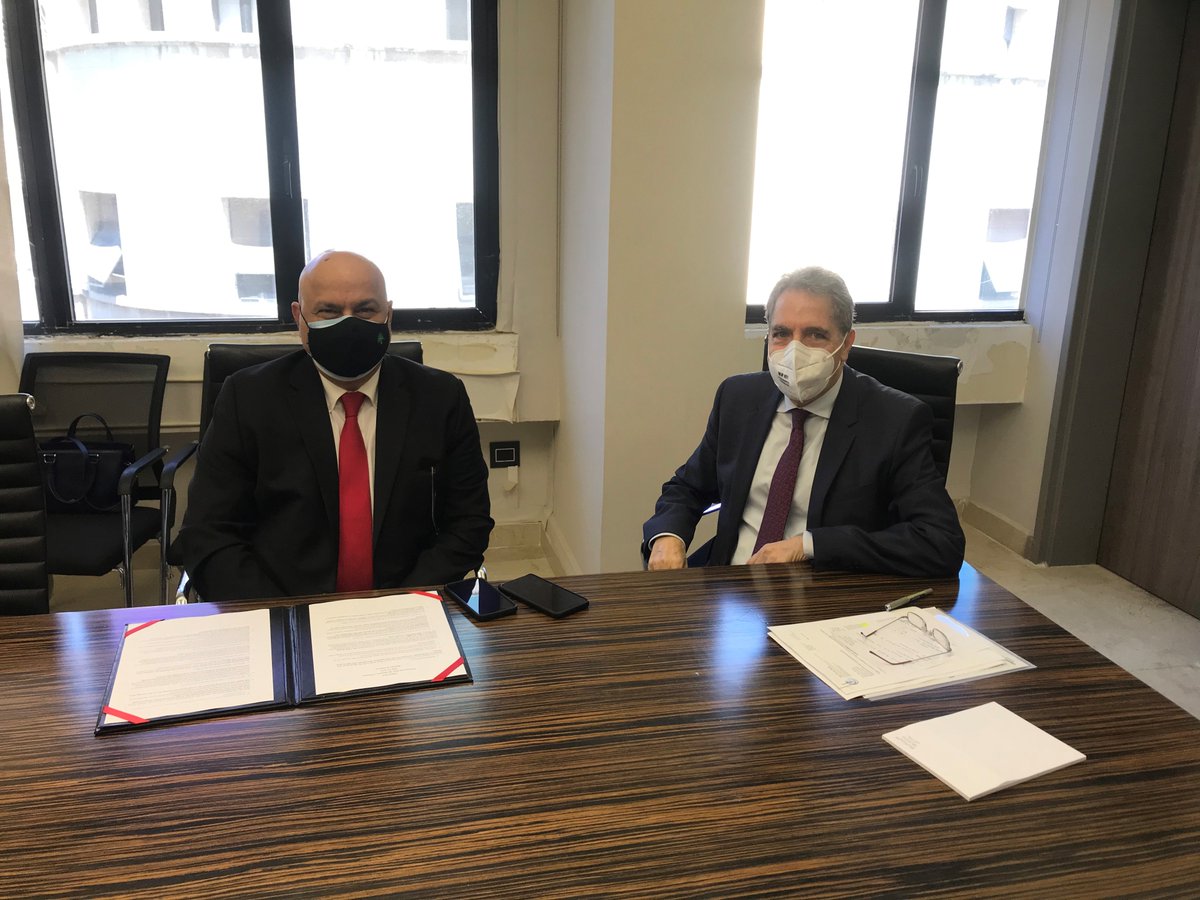The $246 million loan for Lebanon’s most vulnerable families remains on hold, as the World Bank waits for the government to meet disbursement conditions.
According to Saroj Kumar Jha, World Bank Mashreq Regional Director, these conditions include a fast and credible verification of the eligibility of the fund beneficiaries, working with the World Food Programme (WFP) to implement the cash transfers, and hiring an independent, third party monitor to ensure the transparent implementation of this project.
The World Bank also requested the caretaker government to clarify modifications to be made by the social affairs minister, a source told The Daily Star.
The World Bank sets conditions
The $246 million agreement was signed in January 2021 by Lebanese caretaker Finance Minister Ghazi Wazni. The loan will act as a social safety net that will provide one year of cash assistance to around 200,000 families currently suffering from extreme poverty in Lebanon.
The World Bank will need clear answers before approving or disapproving the release of the funds to ensure that its conditions are met and the money is distributed equally to those in need.
In a statement to The Daily Star, World Bank requested from Wazni “to work with all agencies to expedite action on various measures that need to be taken to meet the World Bank’s effectiveness and disbursements conditions for the Emergency Social Safety Net (ESSN) loan.”
The World Bank regional director confirmed on Twitter that the ESSN loan will be disbursed “in USD to eligible beneficiaries,” rather than the unstable local currency despite previous insistence from Lebanese authorities.
The Lebanese lira lost more than 80 percent of its purchasing power in the past year and a half.
Lebanon plummets into crisis
Lebanon is currently battling the worst economic and financial crisis in recent history, as more than half of the population sinks below the poverty line and 40 percent remain unemployed.
Despite the evident collapse of the economy, Central Bank Governor Riad Salameh remains confident that “the banking sector did not collapse” as stated in a televised interview with Al Arabiya.
As per his remarks, “Lebanon would have begun recovering from its unprecedented socio-economic crisis had the government not defaulted on paying its foreign dues and a new government capable of implementing badly needed reforms was agreed.”
Lebanon defaulted on its $1.2 billion Eurobond payment for the first time in 2019. The country remains in the care of a caretaker government since August 2020, as a result of disagreements between Prime Minister-designate Saad Hariri and President Aoun regarding the new cabinet formation.
The pound remains officially pegged at a rate of LBP 1,507 per dollar since 1997, but today is valued at around LBP 13,000 per dollar on the parallel market. The price of some essential consumer goods shot up by 300 percent, while salaries did not see a similar increase.
According to Salameh, “the currency devaluation was acceptable until the government defaulted on the Eurobond payment,” citing that before the crisis, the Lebanese pound was a strong currency.
Salameh suggested that between June and August 2019, Lebanon’s foreign currency assets rose by $2 billion with a total of $40 billion.
In times of dire need, the caretaker government has had to subsidize a number of essential products, such as wheat and medicine, to save the population from extreme poverty. Yet as we fast approach the end of May, the Central Bank will soon have to decrease the subsidies budget from $7 billion to $1.2 billion to avoid using up Lebanon’s remaining foreign currency reserves.
The government and governor’s future plans
On May 4, caretaker Prime Minister Hassan Diab revealed that subsidy cards for Lebanese families will cost up to $1.2 billion annually, money which the country does not have readily available. Parliament will have to secure outside sources of funding to meet this demand.
Diab stated that it is precisely this reason that he sought out assistance from Qatar, which welcomed the request but would have to study the matter first before providing any assistance.
Meanwhile, Salameh plans to introduce a new plan in June that will allow depositors with less than $50,000 in commercial banks to withdraw $25,000 in dollars, and the remaining $25,000 in lira at the market exchange rate.
This plan “will prove that foreign liquidity has returned to banks,” and will allow over one million depositors to gradually obtain their money.


